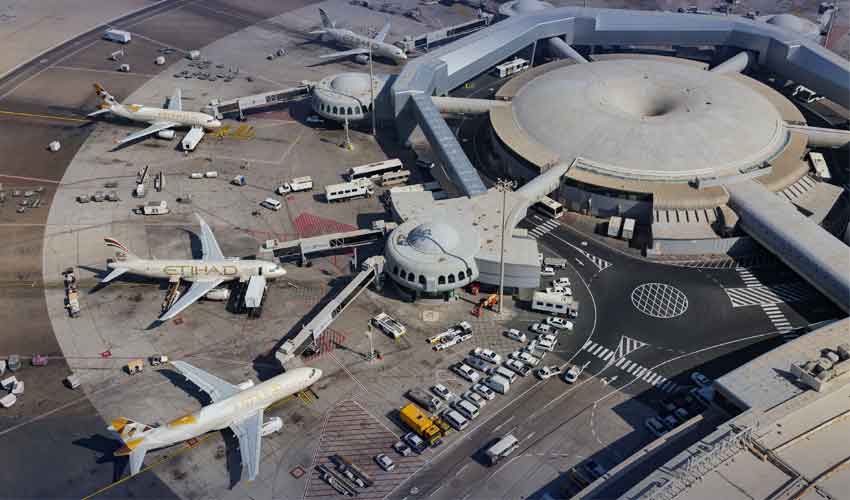Islamabad, Oct 3: Rising tensions in the Middle East have led to significant disruptions in air travel, with global airlines either diverting or canceling flights on Wednesday.
Regional airports, including those in Lebanon, Israel, and Kuwait, experienced substantial delays, according to data from FlightRadar24.
As concerns about travel disruptions grew amid the escalating conflict, shares in the travel and airline sectors suffered, with Europe’s largest travel operator, TUI, seeing a nearly 5% drop and Lufthansa declining by 4.4%.
Andrew Lobbenberg, an analyst at Barclays, noted that similar to previous conflicts, such as the Ukraine crisis and last year’s Israel-Gaza conflict, travel demand across Europe weakened but typically recovered after a few weeks.
The situation escalated on Tuesday when Iran launched its most extensive missile attack against Israel in response to Israeli actions against Iran-backed Hezbollah in Lebanon, prompting Israel to threaten a “painful response.”
On Wednesday afternoon, some flights were observed over Iranian airspace, including services from flydubai and Wizz Air, after Iran declared that its ballistic missile assault on Israel had concluded.
Nonetheless, flights across the broader region remained disrupted, with many airlines altering routes to avoid specific airspace.
A spokesperson for Polish flag carrier LOT mentioned that all planes, particularly those heading to India, were avoiding Iranian airspace until further notice.
The European Aviation Safety Agency (EASA) issued a bulletin advising airlines to steer clear of Iranian airspace “at all flight levels,” citing concerns over potential retaliatory attacks from Israel targeting Iran. EASA had also issued similar advisories in late September regarding the use of Israeli and Lebanese airspace.
Globally, airlines have canceled flights to Israel and Lebanon due to the ongoing conflict, with many stating they would not resume services until at least mid-October, depending on the security situation.
Both British Airways and Air France-KLM confirmed that their cancellations for flights to Tel Aviv’s Ben Gurion airport would remain in effect until at least early next week, coinciding with the upcoming anniversary of Hamas’ attack on Israel.
Airport operations have also been impacted, with traffic around Istanbul, Cairo, and Antalya remaining heavy as flights continue to avoid parts of the Middle Eastern airspace.
At Abu Dhabi Zayed International Airport, all departing flights faced delays, while approximately 56% of flights scheduled to leave Ben Gurion airport were canceled. Amman’s Queen Alia International Airport in Jordan reported that around 38% of arriving flights were canceled.
These latest disruptions are expected to further challenge an industry already grappling with numerous restrictions due to ongoing conflicts in the region, including those between Israel and Hamas, as well as Russia and Ukraine.









